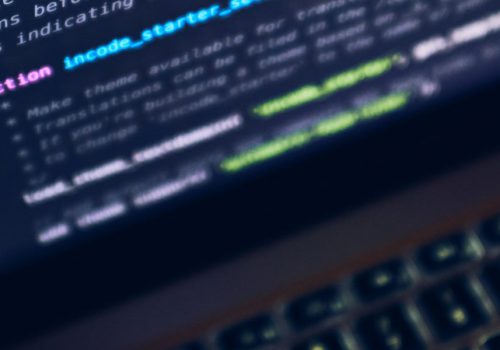A profession that used to have a bad reputation in the past is now increasingly becoming one of the most wanted and highest paid jobs in the market. While in the past, hackers were often persecuted and risked jail time when caught, nowadays, big companies are hiring skilled hackers to break into their system and expose the flaws before the bad guys get to it.
Check out the most helpful books that offer a better understanding of how it is all connected, how it works, and why you should care to know in the first place.
RTFM: Red Team Field Manual By Ben Clark
The Red Team Field Manual (RTFM) is a definite must-have in your backpack if you are a Red Team Member, who is constantly undertaking tasks without Google or has no time to scan through pages. The RTFM contains the basic syntax for commonly used Linux and Windows command-line tools, but it also encapsulates unique use cases for powerful tools such as Python and Windows PowerShell. Having this manual will save you the time of looking up Windows nuances such as Windows wmic and dsquery command-line tools, key registry values, scheduled tasks syntax, startup locations, and Windows scripting.
RTFM is rated as one of the best manuals and is so highly recommended by all experts, it should teach you some new red team techniques that are guaranteed to come in handy.
Gray Hat Hacking: The Ethical Hacker’s Handbook is a deep and detailed book meant for readers who want to understand the inner workings of Windows and Linuxbased systems and the tools and techniques needed to secure them. The book covers the main hacking concepts, social engineering, physical security, network security, and it illustrates it all with virtual examples and potent tools that are sure to be helpful to all readers.
Rather than just focusing on the software tools, the authors emphasize the importance of understanding how systems operate and what their vulnerabilities are. Through that, they show how these systems can then be exploited. But more importantly, they detail what needs to be done to secure these systems. This book is a highly technical, hands-on reference to ethical hacking and definitely a valuable resource for security professionals to use to secure their networks.
Basic Security Testing with Kali Linux, 3rd Edition by Daniel W Dieterle
Every ethical hacker and security professional is familiar with the Kali Linux 2 (2016); the platform that allows them to use the same tools and techniques that a black hat would use, and that enables them to find security issues before the bad guys do.
Though there is no such thing as a completely “Hacker Proof” computer, knowing how a hacker operates is certainly helpful to get on the right track of securing your network! If you want to learn the basics of how hackers find out information, weaknesses in your security, and how they gain access to your system, then this book is the one you’ll need.
Malware Analyst’s Cookbook: Tools and Techniques for Fighting Malicious Code by Michael Ligh
As we continue to depend more and more on computers, the risk of malware increases along with it. This book is the perfect guide to find the solutions to various problems you might come across.
A how-to book for fighting malicious code and analyzing incidents written by field experts, this manual will help security professionals classify malware, understand packing and unpacking, dynamic malware analysis, decoding and decrypting, rootkit detection, and more. It also includes generous amounts of source code in C, Python, and Perl to extend your favorite tools or build new ones. Malware Analyst’s Cookbook is essential to malware researchers, IT, forensic analysts, incident responders, and security administrators.









